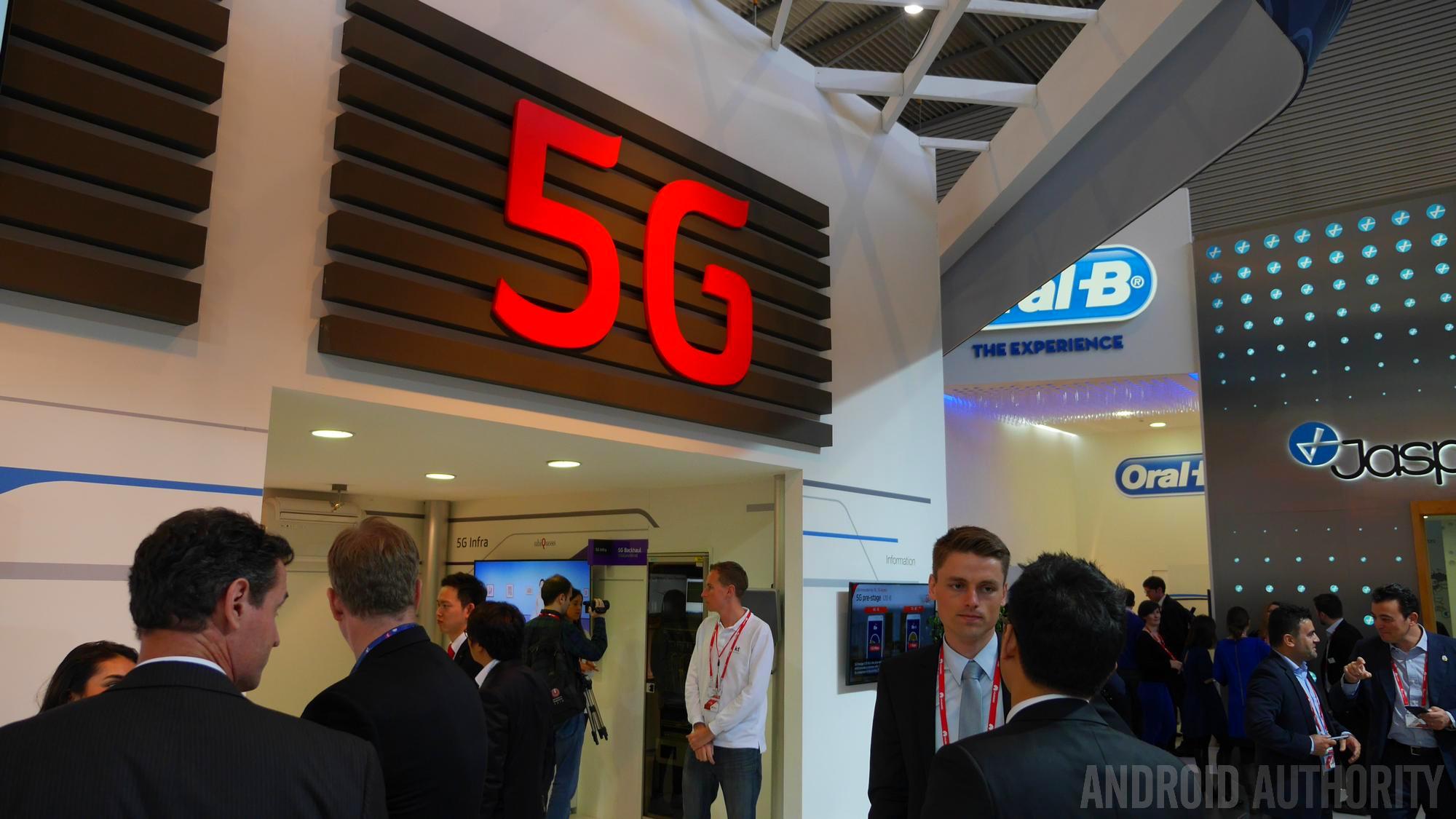
- Sprint CEO Marcelo Claure will take up a new role with parent company SoftBank in preparation for Sprint’s merger with T-Mobile.
- Michel Combes will step up to the Sprint CEO position from his role as CFO.
- Claure joined Sprint in 2014 and helped turn the company’s fortunes around.
Just days after announcing plans for a merger with T-Mobile, Sprint has revealed that CEO Marcelo Claure will move to a new role at parent company SoftBank to prepare for the deal. He will also fill the role of executive chairman at Sprint.
Current Sprint CFO Michel Combes will step up to the role of CEO. Both Claure and Combes will take on their new roles by May 31.
In a statement, Softbank said that Claure’s new role will see him work with Masayoshi Son and Rajeev Misra of SoftBank to help manage its “increasingly global portfolio of companies.” He will also be “responsible for SoftBank’s ongoing invest in Sprint and the combined Sprint/T-Mobile company.”
Claure joined Sprint in 2014 and oversaw a period of success for the company. Sprint went from losing 8,000 customers a day in 2014, to adding nearly 14,000 a day in the first quarter of 2017.
Should the merger go through, Sprint will take the T-Mobile brand name and be led by T-Mobile CEO, John Legere. Following the merger, Claure will join the board of directors at the newly formed company.
The merger has not yet been finalized and will likely face regulatory scrutiny.
The merger is still to face regulatory scrutiny from the Federal Communications Commission and Justice Department as they look into the likely effect it will have on consumers. In 2014, SoftBank’s founder Masayoshi Son was unable to convince the commission that the best way to combat the dominance of AT&T and Verizon was through a merger between Sprint and T-Mobile.
While the companies involved claim that the merger will help deliver the world’s best and fastest 5G network, create thousands of jobs, and increase wireless, broadband, and video services in rural America, not everyone shares this opinion.
Consumer groups believe that a deal would lead to less competition and higher prices, especially in the prepaid market. Here Sprint and T-Mobile reportedly make up 54 percent of a market which mainly consists of lower-income consumers.
Either way, it is expected that the deal will take some time to go through. SoftBank expects the transaction to close by the first half of 2019.
Next up: What would the T-Mobile-Sprint merger mean for you?

Be the first to comment